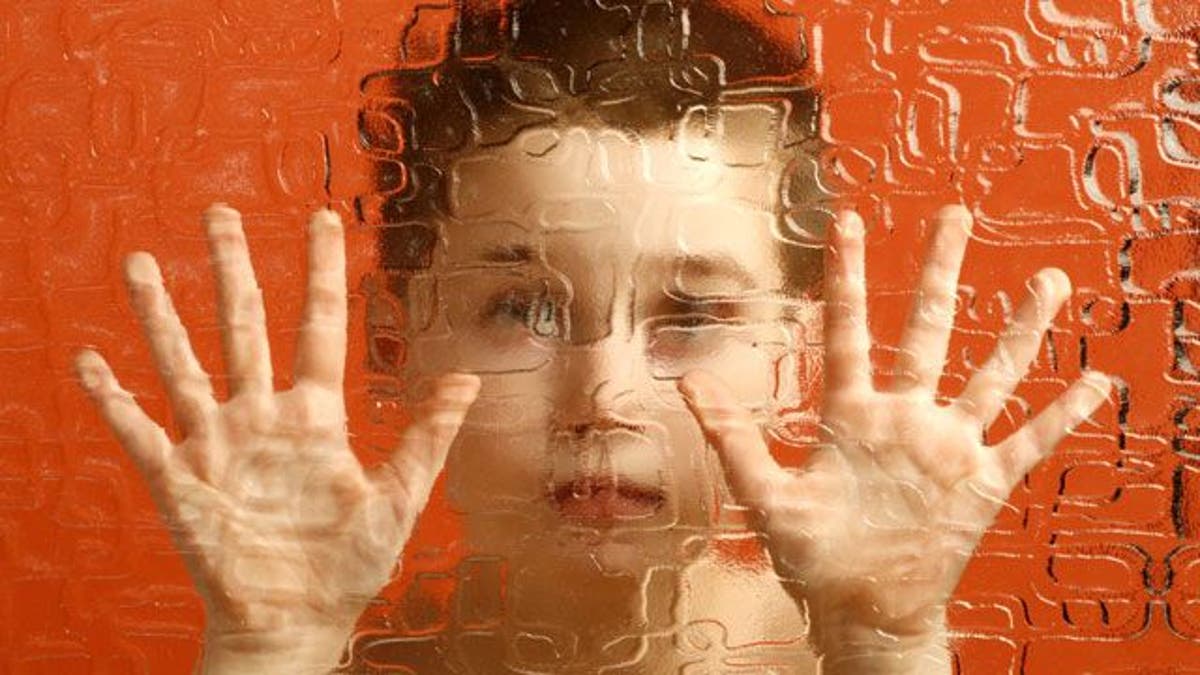
A Swedish study has found having a first-degree relative with epilepsy may increase a person’s risk of being diagnosed with autism. The authors defined first-degree relative as being a mother, father, brother or sister.
The study, published June 15 in Neurology, looked at the data of 85,201 people with epilepsy as well as their siblings and offspring. Researchers compared each person with epilepsy to five people of similar age and sex without epilepsy. The siblings and offspring of each person with epilepsy were also compared to siblings and offspring of those without the condition.
Epilepsy is the fourth most common neurological disorder and affects people of all ages. According to the Epilepsy Foundation, it’s characterized by unpredictable seizures and can cause other health problems. The condition has a wide range of seizure types that vary from person to person.
“Other studies have linked the two conditions, however, our study looks specifically at the brothers and sisters and sons and daughters of people with epilepsy to determine a possible autism risk in these relatives,” study author Helene E.K. Sundelin, of the University Hospital in Linkoping, Sweden, said in a news release.
Researchers followed up after an average of six years and found 1,381 of the people with epilepsy and 700 of those without epilepsy were diagnosed with autism. They also found a 63 percent increased risk of developing autism for siblings and offspring of those participants. Offspring of mothers with epilepsy had a 91 percent increased risk, while offspring of fathers with epilepsy had a 38 percent increased risk.
“The goal is to find out more about how these two disease may be linked so that treatments may be developed that will target both conditions,” Sundelin said in the release.







































